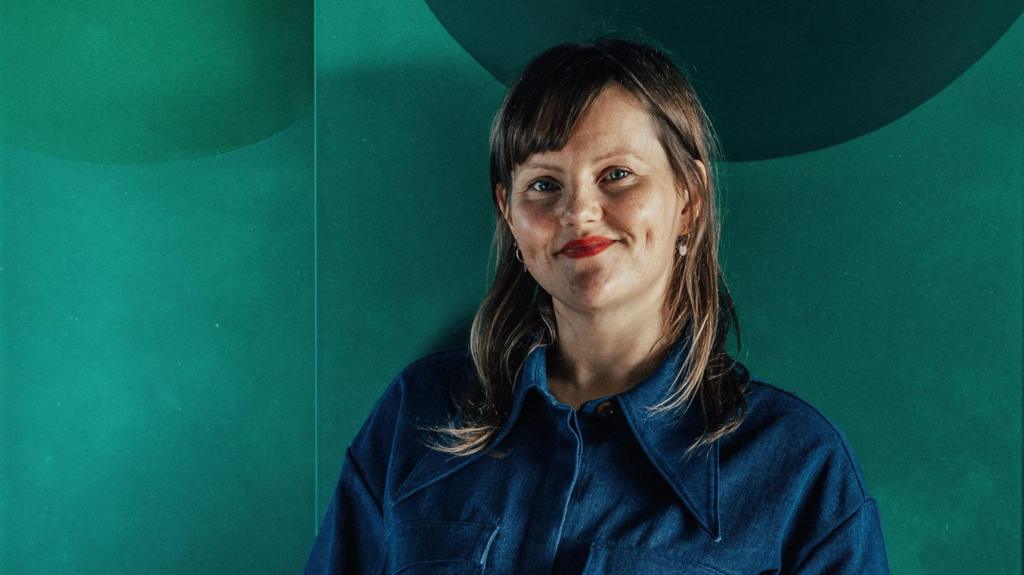Sabine Zetteler, head of a London-based communications agency, remains unconvinced by the purported benefits of AI. She articulates her perspective with the powerful statement: “Why would I bother to read something someone couldn’t be bothered to write?” This sentiment encapsulates her resistance to AI’s encroachment.
Zetteler questions the value proposition of AI-generated content, posing rhetorical questions about the significance of AI-written news, AI-composed music, and the potential for AI to facilitate job displacement. She emphasizes the absence of human connection and the lack of inherent joy in such technological advancements.
Her skepticism reflects a broader sentiment among those resisting the rapid adoption of AI, a trend significantly accelerated by the launch of ChatGPT in late 2022. ChatGPT’s immense popularity, exceeding five billion monthly visits according to Semrush, highlights the scale of this technological shift.
However, concerns remain. The substantial energy consumption associated with AI systems, as highlighted by a Goldman Sachs report estimating ChatGPT queries consume nearly ten times the energy of Google searches, fuels apprehension about environmental impact.
Florence Achery, owner of Yoga Retreats & More, echoes these concerns, citing both the perceived soullessness of AI and its significant environmental footprint as reasons for her avoidance. She emphasizes the lack of public awareness regarding AI’s energy demands.
While acknowledging AI’s potential for social good, Zetteler expresses reservations about its long-term societal impact. She prioritizes a more holistic definition of success, emphasizing societal contribution and personal well-being over purely financial metrics.
Sierra Hansen, a Seattle-based public affairs professional, shares similar concerns, arguing that AI’s overreliance hinders the development of critical thinking skills and problem-solving abilities. She believes it diminishes the essential human function of independent thought and creative problem-solving.
However, the reality is that opting out isn’t always possible. Jackie Adams (name changed for privacy), a digital marketer, initially resisted AI due to environmental and ethical concerns. Yet, driven by budgetary constraints and the evolving job market, she was forced to adopt AI tools, recognizing the competitive disadvantage of not doing so.
Her experience highlights the growing integration of AI into professional workflows. James Brusseau, a philosophy professor specializing in AI ethics at Pace University, suggests the moment to opt out has passed for many, with AI’s influence pervasive even in seemingly basic tasks like Google searches and email summaries.
Adams’s acceptance of AI in her professional life, however, doesn’t diminish her underlying anxieties about its unchecked expansion and the perceived loss of control over information processing. The pervasive integration of AI tools raises fundamental questions about human agency and the future of work.
Sign up for our Tech Decoded newsletter to follow the world’s top tech stories and trends. Outside the UK? Sign up here.
The new centre is aimed at addressing “growing regional and national needs for expertise”.
Staff at Hull’s Jean Bishop Centre say AI can improve patient care and reduce staff burnout.
Giant tyre firms are testing tyres that can survive conditions on the Moon and Mars.
They are among 400 artists appealing to Sir Keir Starmer, saying creative industries are threatened.
An arctic vault holds digital back-ups of some of humanity’s great works of art, history and technology.

